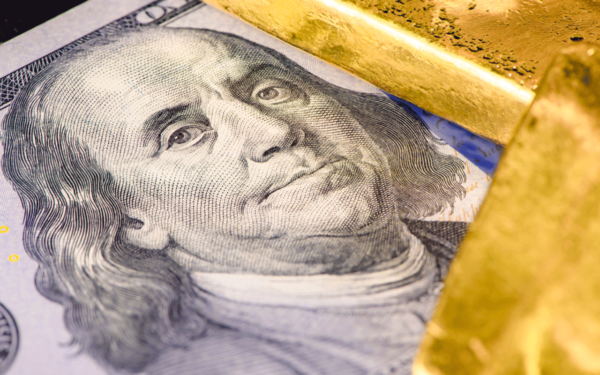Washington State must provide significant relief to workers, families, and small businesses in addition to any federal aid to enable recovery from the multiple impacts of the COVID pandemic on physical, mental, and economic health.

A wealth tax on Washington’s highest income residents will allow critical investments in underfunded
services and help us recover much more quickly from recession, with greater equity, more resilience, and more thriving communities.
What is a Wealth Tax?
For generations, Washingtonians have paid annual taxes on real property – homes and land. But we haven’t taxed intangible property – the value of stocks, bonds, and similar assets. The wealth tax would be a tax on these assets. It would exclude retirement accounts and any holdings below a set threshold, so middle class residents and working families saving for education, to buy a house, or start a business would be exempt from paying the tax.
Why a Wealth Tax?
Our current system is regressive and increasingly inadequate
Our current tax system, reliant on sales and gross receipts taxes, penalizes poor and middle class families along with small businesses, and rewards the affluent. Sales tax has also declined steadily for decades relative to growing incomes and wealth in the state.[1] As a result, the state budget has grown much more slowly than our overall economy. This tax system is highly vulnerable to economic recessions. Because wealthy households pay far less in taxes than in most other states, it fails in both good times and bad times to sustain the public services vital to healthy communities and individual opportunity.
Wealth of the top 1% has soared, even during the pandemic
Taxing wealth provides a robust revenue source for the state, paid by those who have benefitted the most in our economy. The top four billionaires in Washington have seen their collective wealth grow by $162 billion since the start of the pandemic through October 13. Altogether, twelve billionaires in our state hold $487 billion in wealth. Across the U.S., the net worth of billionaires on the Bloomberg Billionaires Index grew from $1.8 trillion on November 8, 2016 to more than $2.8 trillion in mid-October of this year: a trillion dollar increase.[2] The beneficiaries of wealth include thousands of the most affluent people in our state. Stock portfolios have increased as the Dow Jones Index has grown from 18,000 in November 2016 to over 30,000 in January 2021.
Notes
[1] Economic and Revenue Forecast Council, Washington State Economic and Revenue Forecast, September 2020, https://erfc.wa.gov/sites/default/files/public/documents/publications/sep20pub.pdf
[2] Americans for Tax Fairness, https://americansfortaxfairness.org/state-reports-billionaires-wealth-growth-coronavirus-pandemic-march-october-2020/
[3] E-mail, November 3, 2020 from Emmanuel Saez to John Burbank, computation combining WA Forbes billionaires (as of Aug 13, 2020) and Survey of Consumer Finance 2019 (aged to 2020 and assuming WA is 2.9% of the US as WA has 2.9% of US income millionaires in 2018). Wealth defined as total net worth excluding vehicles and real estate.
More To Read
March 20, 2024
I-2111: The Income Tax Ban Is A Spectacle, but One We Can’t Ignore
A way to waste time, energy, and money, I-2111 is costing more than just taxes
February 2, 2024
What is REET and Why Do We Need to Reform It?
Washington State lawmakers have the chance to make a progressive tax more progressive and provide a permanent funding source for affordable housing
January 23, 2024
Report: Washington no longer has the most regressive tax structure in the nation
This is both cause for celebration and a call to action
